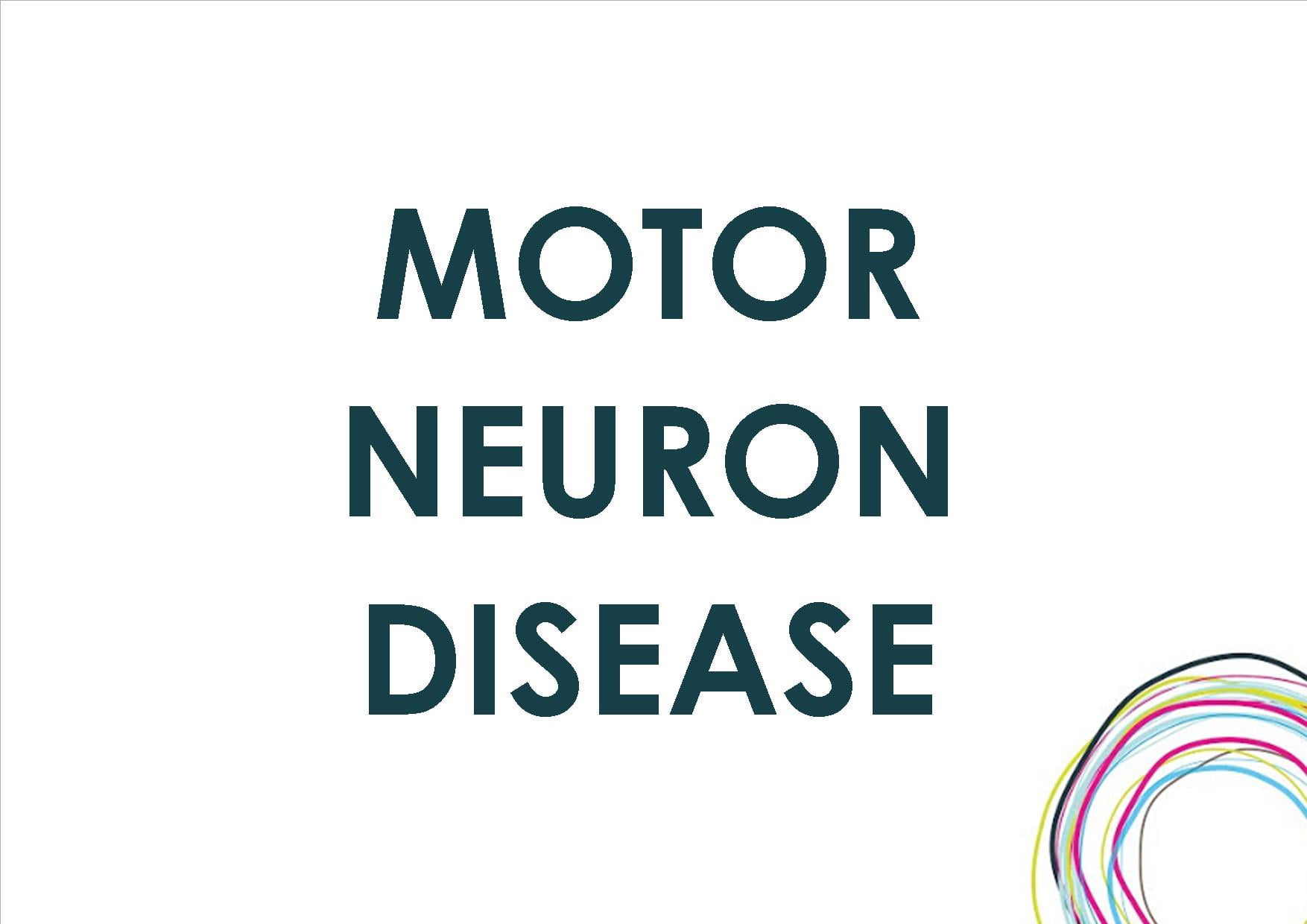A new discovery could help slow the progression of neurodegenerative diseases such as motor neuron disease (MND), dementia and neurological decline associated with ageing.
Researchers have identified that tuning up the activity pathway of the DNA’s natural repair toolkit — which normally helps to restore breakages in our genetic material — could help to prevent the death of nerve cells which trigger neurological diseases.
Scientists examined the C9orf72 gene which contains six DNA nucleotides. When this series of nucleotides is expanded and repeated multiple times, neurodegenerative diseases can occur. The expansions of the gene forms genetic material called ‚R-loops‘ which make the DNA vulnerable to breakages. They found that accumulation of R-loops and increased DNA breakage in neurons lead to neurodegenerative diseases.
Our cells have their own repair toolkits specially designed to fix breaks in DNA, however, the products of the expansion over-activate a process called autophagy — a process that gets rid of misfolded or „unwanted“ proteins. The new study, published in Nature Neuroscience, shows that the expansion-driven over-activation of this process can degrade some of the very precious DNA toolkits, meaning the cells will eventually die.
Researchers used genetic techniques to shut down the degradation process, which diminishes the cell’s capacity to repair genomic breaks. The discovery, based on work conducted in cellular and mouse models of the disease, could pave the way for new therapies for devastating diseases such as MND, which is one of the most common neurodegenerative disorders affecting younger people in the middle of their active life.
Paper: “C9orf72 expansion disrupts ATM-mediated chromosomal break repair.„
Reprinted from materials provided by the University of Sheffield.

